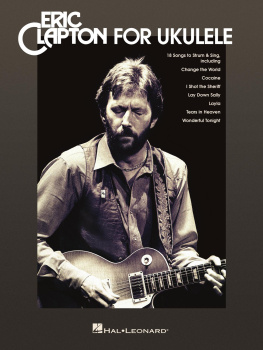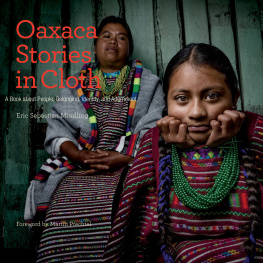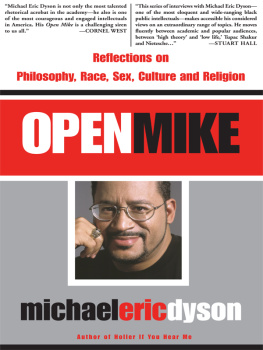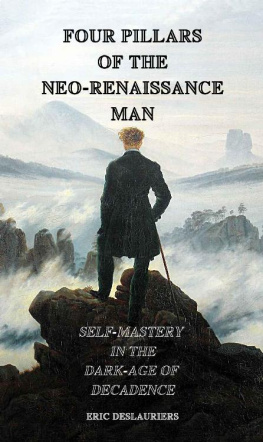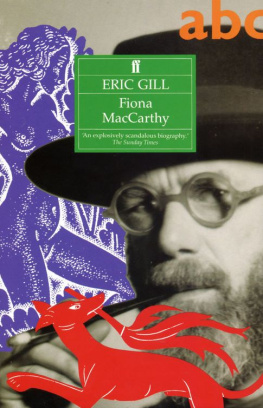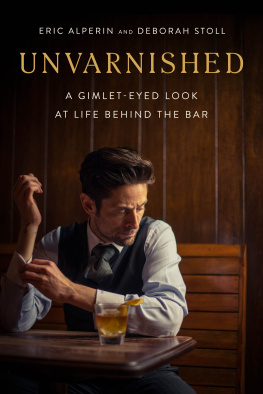Lucy Maud Montgomery
Kilmeny of the Orchard
TO MY COUSIN Beatrice A. McIntyre THIS BOOK IS AFFECTIONATELY DEDICATED
"Kilmeny looked up with a lovely grace,
But nae smile was seen on Kilmeny's face;
As still was her look, and as still was her ee,
As the stillness that lay on the emerant lea,
Or the mist that sleeps on a waveless sea.
. . . . . . . . . . . . .
Such beauty bard may never declare,
For there was no pride nor passion there;
. . . . . . . . . . . . .
Her seymar was the lily flower,
And her cheek the moss-rose in the shower;
And her voice like the distant melodye
That floats along the twilight sea."
The Queen's Wake
JAMES HOGG
CHAPTER I. THE THOUGHTS OF YOUTH
The sunshine of a day in early spring, honey pale and honey sweet, was showering over the red brick buildings of Queenslea College and the grounds about them, throwing through the bare, budding maples and elms, delicate, evasive etchings of gold and brown on the paths, and coaxing into life the daffodils that were peering greenly and perkily up under the windows of the co-eds' dressing-room.
A young April wind, as fresh and sweet as if it had been blowing over the fields of memory instead of through dingy streets, was purring in the tree-tops and whipping the loose tendrils of the ivy network which covered the front of the main building. It was a wind that sang of many things, but what it sang to each listener was only what was in that listener's heart. To the college students who had just been capped and diplomad by "Old Charlie," the grave president of Queenslea, in the presence of an admiring throng of parents and sisters, sweethearts and friends, it sang, perchance, of glad hope and shining success and high achievement. It sang of the dreams of youth that may never be quite fulfilled, but are well worth the dreaming for all that. God help the man who has never known such dreamswho, as he leaves his alma mater, is not already rich in aerial castles, the proprietor of many a spacious estate in Spain. He has missed his birthright.
The crowd streamed out of the entrance hall and scattered over the campus, fraying off into the many streets beyond. Eric Marshall and David Baker walked away together. The former had graduated in Arts that day at the head of his class; the latter had come to see the graduation, nearly bursting with pride in Eric's success.
Between these two was an old and tried and enduring friendship, although David was ten years older than Eric, as the mere tale of years goes, and a hundred years older in knowledge of the struggles and difficulties of life which age a man far more quickly and effectually than the passing of time.
Physically the two men bore no resemblance to one another, although they were second cousins. Eric Marshall, tall, broad-shouldered, sinewy, walking with a free, easy stride, which was somehow suggestive of reserve strength and power, was one of those men regarding whom less-favoured mortals are tempted seriously to wonder why all the gifts of fortune should be showered on one individual. He was not only clever and good to look upon, but he possessed that indefinable charm of personality which is quite independent of physical beauty or mental ability. He had steady, grayish-blue eyes, dark chestnut hair with a glint of gold in its waves when the sunlight struck it, and a chin that gave the world assurance of a chin. He was a rich man's son, with a clean young manhood behind him and splendid prospects before him. He was considered a practical sort of fellow, utterly guiltless of romantic dreams and visions of any sort.
"I am afraid Eric Marshall will never do one quixotic thing," said a Queenslea professor, who had a habit of uttering rather mysterious epigrams, "but if he ever does it will supply the one thing lacking in him."
David Baker was a short, stocky fellow with an ugly, irregular, charming face; his eyes were brown and keen and secretive; his mouth had a comical twist which became sarcastic, or teasing, or winning, as he willed. His voice was generally as soft and musical as a woman's; but some few who had seen David Baker righteously angry and heard the tones which then issued from his lips were in no hurry to have the experience repeated.
He was a doctora specialist in troubles of the throat and voiceand he was beginning to have a national reputation. He was on the staff of the Queenslea Medical College and it was whispered that before long he would be called to fill an important vacancy at McGill.
He had won his way to success through difficulties and drawbacks which would have daunted most men. In the year Eric was born David Baker was an errand boy in the big department store of Marshall & Company. Thirteen years later he graduated with high honors from Queenslea Medical College. Mr. Marshall had given him all the help which David's sturdy pride could be induced to accept, and now he insisted on sending the young man abroad for a post-graduate course in London and Germany. David Baker had eventually repaid every cent Mr. Marshall had expended on him; but he never ceased to cherish a passionate gratitude to the kind and generous man; and he loved that man's son with a love surpassing that of brothers.
He had followed Eric's college course with keen, watchful interest. It was his wish that Eric should take up the study of law or medicine now that he was through Arts; and he was greatly disappointed that Eric should have finally made up his mind to go into business with his father.
"It's a clean waste of your talents," he grumbled, as they walked home from the college. "You'd win fame and distinction in lawthat glib tongue of yours was meant for a lawyer and it is sheer flying in the face of Providence to devote it to commercial usesa flat crossing of the purposes of destiny. Where is your ambition, man?"
"In the right place," answered Eric, with his ready laugh. "It is not your kind, perhaps, but there is room and need for all kinds in this lusty young country of ours. Yes, I am going into the business. In the first place, it has been father's cherished desire ever since I was born, and it would hurt him pretty badly if I backed out now. He wished me to take an Arts course because he believed that every man should have as liberal an education as he can afford to get, but now that I have had it he wants me in the firm."
"He wouldn't oppose you if he thought you really wanted to go in for something else."
"Not he. But I don't really want tothat's the point, David, man. You hate a business life so much yourself that you can't get it into your blessed noddle that another man might like it. There are many lawyers in the worldtoo many, perhapsbut there are never too many good honest men of business, ready to do clean big things for the betterment of humanity and the upbuilding of their country, to plan great enterprises and carry them through with brain and courage, to manage and control, to aim high and strike one's aim. There, I'm waxing eloquent, so I'd better stop. But ambition, man! Why, I'm full of itit's bubbling in every pore of me. I mean to make the department store of Marshall & Company famous from ocean to ocean. Father started in life as a poor boy from a Nova Scotian farm. He has built up a business that has a provincial reputation. I mean to carry it on. In five years it shall have a maritime reputation, in ten, a Canadian. I want to make the firm of Marshall & Company stand for something big in the commercial interests of Canada. Isn't that as honourable an ambition as trying to make black seem white in a court of law, or discovering some new disease with a harrowing name to torment poor creatures who might otherwise die peacefully in blissful ignorance of what ailed them?"
"When you begin to make poor jokes it is time to stop arguing with you," said David, with a shrug of his fat shoulders. "Go your own gait and dree your own weird. I'd as soon expect success in trying to storm the citadel single-handed as in trying to turn you from any course about which you had once made up your mind. Whew, this street takes it out of a fellow! What could have possessed our ancestors to run a town up the side of a hill? I'm not so slim and active as I was on MY graduation day ten years ago. By the way, what a lot of co-eds were in your classtwenty, if I counted right. When I graduated there were only two ladies in our class and they were the pioneers of their sex at Queenslea. They were well past their first youth, very grim and angular and serious; and they could never have been on speaking terms with a mirror in their best days. But mark you, they were excellent femalesoh, very excellent. Times have changed with a vengeance, judging from the line-up of co-eds to-day. There was one girl there who can't be a day over eighteenand she looked as if she were made out of gold and roseleaves and dewdrops."



